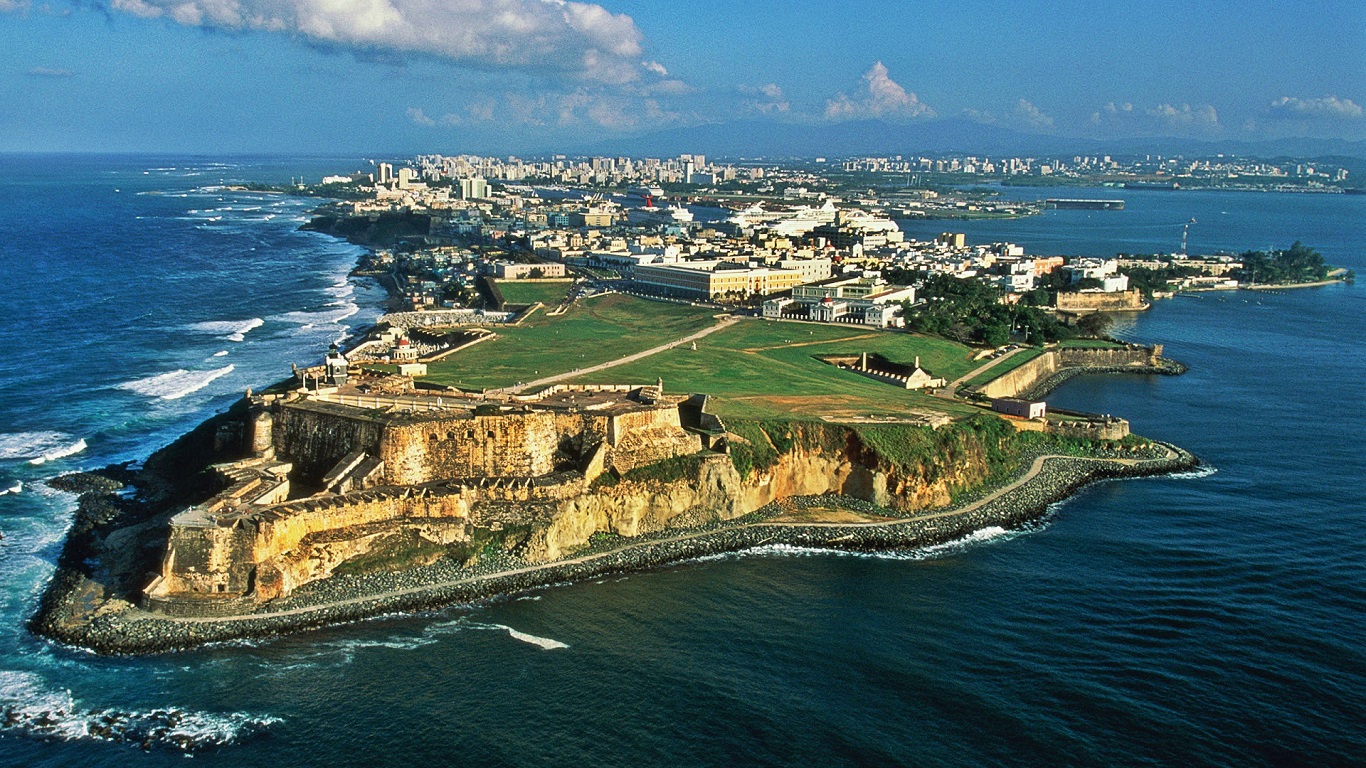3 Ways to Stop Paying Capital Gains Tax
Here’s how to stop paying capital gains on your stock transactions. You can legally stop paying capital gains tax tomorrow by following these simple steps. If you’re tired of the IRS taking 20% of your stock gains, here’s how to cut out Uncle Sam.
First, this article is not about how to reduce or defer capital gains tax. This is how to stop paying the IRS immediately and forever. You already know that you can defer gains by investing through your IRA or by taking losses against gains to reduce taxes.
Also, this post is not about the usual US tax tools that so many write about. If you want the same old boring ideas, read Forbes. If you want to pay zero capital gains tax, stick with me.
Since this website is Premier Offshore, let me remind you that we US citizens are taxed on our worldwide income no matter where we live. Moving offshore does not reduce your US capital gains tax. If you sell stocks or foreign real estate while you’re a resident of a foreign country, you must pay Uncle Sam 20% (less taxes paid to the foreign country).
Here are the 3 ways to legally stop paying capital gains tax:
- Give up your US citizenship (expatriation),
- Setup an offshore life insurance policy to hold your investments, or
- Move to the US territory of Puerto Rico.
I’ll go through each of these in turn and show you how to stop paying capital gains tax.
Expatriation
I won’t spend much time on giving up your US citizenship. This is one of those things that many talk about but few actually do. We love to hate the IRS, but not many of us (myself included) have the guts to burn our blue passports.
Giving up your US passport is expensive and time consuming. If you’re net worth is $2 million or more, you’ll need to pay capital gains tax on all of your appreciated property. This exit tax locks in most high net worth individuals.
And you’ll need a second passport in hand before you renounce your US citizenship. While this seems obvious, about 50% of the calls I get to expatriate don’t have a second passport. It’s impossible to give up your US citizenship and become “stateless.”
If you want to buy a second passport, you can get one from Dominica for about $120,000. If you prefer an investment, you can invest $500,000 to $550,000 in St. Lucia government bonds, and pay $50,000 in fees.
If you want to prepare an exit strategy, and have a few years, you can earn citizenship by becoming a resident of a foreign country. For example, if you’re from a top 50 country (such as the United States), you can invest $20,000 in Panama’s green initiative and receive legal residency. You can apply for citizenship and a passport after 5 years of residency.
The bottom line is that, if you give up your US citizenship, you can stop paying US capital gains taxes once that process is complete. Getting to that point will be a long road if you don’t already have a second passport.
Offshore Life Insurance
Any investment made inside a life insurance policy is either tax deferred or tax free. If you close out the policy during your life, you’ll pay tax on the distribution, therefore it’s tax deferred. If you hold the policy until your death, then the gains pass to your heirs tax free (considering the step-up in basis they receive).
An offshore private placement life insurance policy provides you with maximum asset protection and a nearly unlimited capacity for tax free or tax deferred growth. A life policy has no investment cap, income limitation, or distribution requirement. A private placement policy is basically an unlimited ROTH IRA or defined benefit plan that can pass to your heirs tax free.
You can invest millions of after tax dollars into a US compliant offshore life policy and pay zero capital gains on the appreciation. In fact, the minimum investment for these policies is often $1 to $2.5 million.
I also note that you can borrow against most offshore life insurance policies. This means you can access the cash in times of need without incurring a tax cost.
But, offshore life policies are expensive. If you can create a large enough policy, and you generate solid returns, they can be a very valuable tool.
Move to Puerto Rico
Moving to Puerto Rico is the easiest way to stop paying capital gains tax. Move to this US territory today and stop paying capital gains tax immediately! You don’t need to give up your US passport and you don’t need to buy an expensive life insurance policy.
Here’s what you need to do to stop paying capital gains tax by moving to Puerto Rico:
- Move to Puerto Rico,
- Break as many ties with your home state as possible,
- Spend 183 days a year in Puerto Rico,
- Sign up for and be approved for Act 22,
- Buy a home in Puerto Rico within 2 years of receiving your Act 22 decree, and
- Donate $5,000 a year to a charity in Puerto Rico (new as of July 11, 2017).
Do these things and you can stop paying capital gains tax to the United States immediately. You pay zero capital gains tax on assets acquired after you move to Puerto Rico.
Note that this tax deal is available on passive gains that can be categorized as Puerto Rico sourced income. In most cases, this is gains on stocks. It does not apply to US real estate or US rental profits. These are always US source income.
And only Puerto Rico can make you this offer. As I said above, when you move to a foreign country, you pay US tax on your worldwide capital gains. You won’t be double taxed because of the foreign tax credit, but the IRS always wants it’s cut.
Because of its unique status as a territory, Puerto Rico sourced income is not taxed by the United States. That is, residents of Puerto Rico pay tax to their local government and not the IRS. See IRC Section 933.
This means that Puerto Rico is free to charge it’s residents whatever tax rates it wishes. Because of it’s pending bankruptcy, the government is making you an offer you can’t refuse: move to Puerto Rico and pay zero capital gains tax on assets acquired after you become a resident.
So, if you want to stop paying capital gains tax, and don’t want to give up your US citizenship or buy an expensive life insurance policy, consider moving to Puerto Rico.
And Puerto Rico’s offer doesn’t stop with Act 22. You can also move a business to Puerto Rico and cut your corporate rate to 4%. Under Act 20, you pay only 4% on Puerto Rico sourced business income. For more on Act 22 and 20, see: Changes to Puerto Rico’s Act 20 and Act 22.
To qualify for Act 20, your business should be providing a service from Puerto Rico to people or companies outside of the island. Act 20 companies are usually online businesses or other portable businesses that can be easily re-domiciled to Puerto Rico.
Just about any portable business can qualify for Puerto Rico’s Act 20. Even one man internet marketers or one woman sales sites can get the 4% rate. This is because the government just changed the law to allow for one person businesses. See: Puerto Rico Eliminates 5 Employee Requirement.
Conclusion
If you’re just done with the US and it’s tax laws, consider buying a passport and dumping Uncle Sam. If you don’t want to move out of your state, and you have a few million dollars to invest, set up an offshore life policy to eliminate capital gains tax.
If you’re willing to spend 183 days a year in Puerto Rico, moving to the island under Act 22 is the easiest and best way to stop paying capital gains tax immediately.
For more information on any of these options, please contact us at info@premieroffshore.com or call us at (619) 483-1708 for more information.











Leave a Reply
Want to join the discussion?Feel free to contribute!